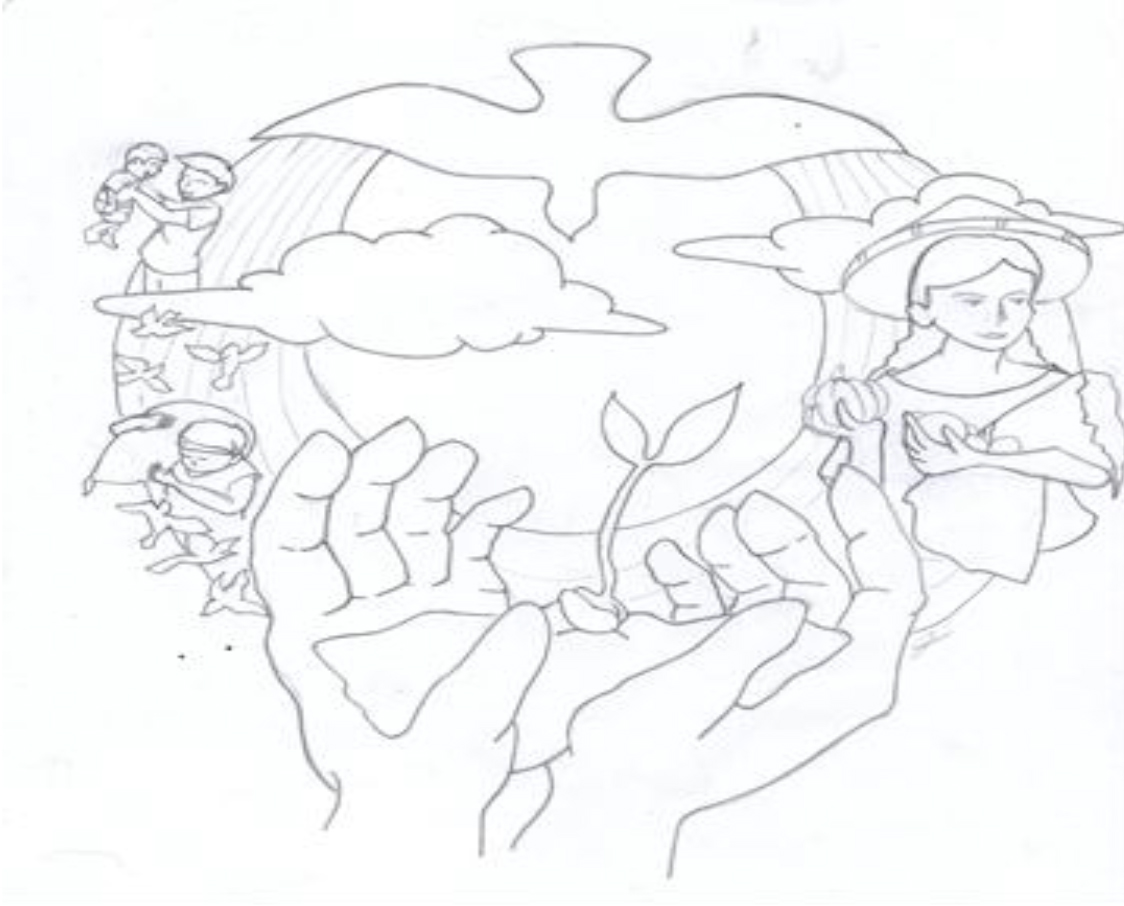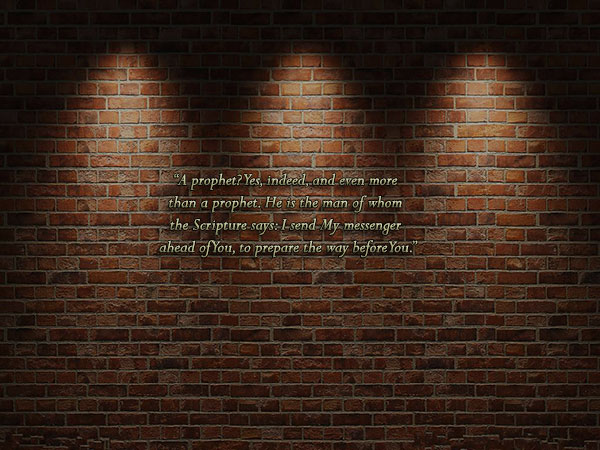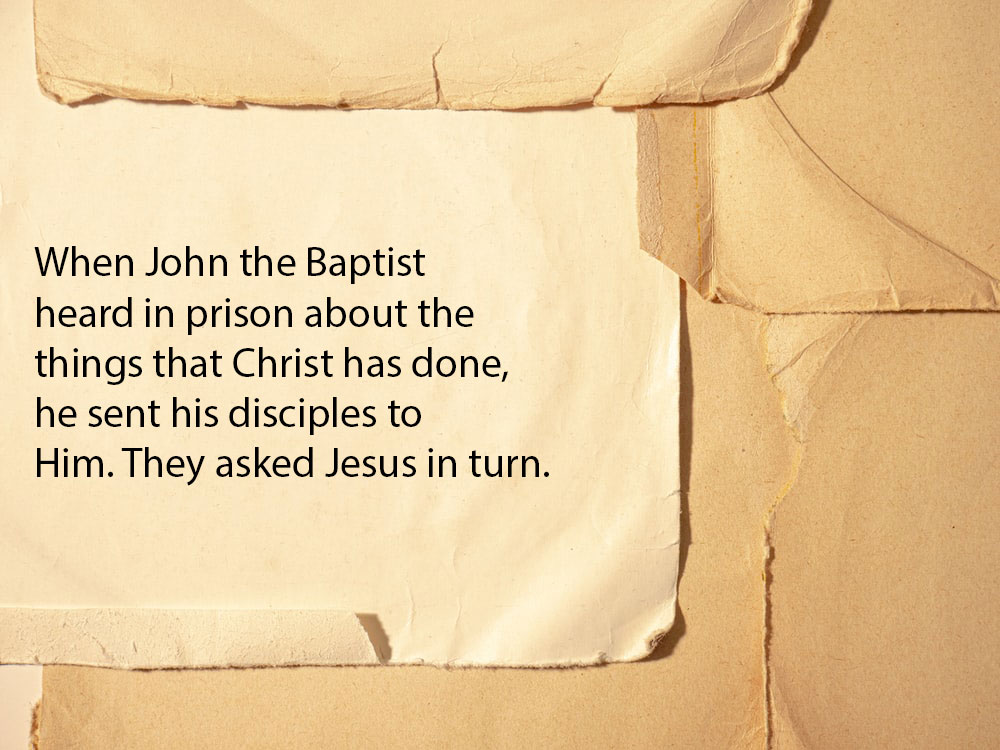by Fr. Ranhilio Callangan Aquino
You ask this question either as a seeker or as a scoffer. An agnostic, or an atheist hurls it as a challenge in circumstances that apparently make it implausible if not absurd that there is a God. At the time that the Soviet Union — which then existed — was officially atheist, one of its cosmonauts is reported to have derisively said, after having returned from space: “I didn’t find God anywhere out there.” But when someone in a crowd of prisoners assembled by Nazis to watch the execution of a young man in a very cruel manner asked in hushed tones: “Where is God?”, he was genuinely searching. It was a cry from a tormented soul — a longing for the God of Justice who, apparently, had hidden his face and allowed this unspeakable travesty to happen. In our national life, this question has recently been raised, apparently in an attempt to justify the proposal to return the death penalty. What if God does not exist, it has been asked. How shall justice be done the victims of heinous crimes? And where was God anyway, the challenge goes, while the innocent were slaughtered and unspeakable crimes visited on them by addicts and other maniacal characters? If the question is raised by a scoffer, there is not much that can be done. He has decided that there is no God to be found. But if it is a searcher who raises the question, then that provokes a very interesting discussion, indeed, one, in fact, in which all, at some time, should be engaged.
The traditional answer that catechisms give this question is: “Everywhere”, and Thomas Aquinas explains: It is because Divine Power keeps everything in existence that his power, which is identical to him (since there can be no divisibility in God between substance and power) must correspondingly be everywhere. Although tradition and the constant teaching of pastors and catechists have hollowed this reply, it does raise several disturbing questions. The so-called physical evils are not really much of a problem: This same world that has brought forth life in splendid multiplicity and sustained humans who do not seem too interested in sustaining it, is the very same world of typhoons, volcanic eruptions and destructive quakes — all parts of the processes by which the world goes. The forces that make life flourish are also the forces that threaten it. It looks like we cannot choose to have only the promise and to eschew the threats!
But it is quite another thing with those evils of which we are the authors. When a person chooses to dull mind and to silence conscience by drugging himself into a constant stupor, and without so much as a stirring of regret, butcher a helpless child, where is God? And when police-officers, clothed with the authority of the law, corner one they suspect of peddling drugs who is unarmed, on his knees and pleading for his life, and with deliberateness pump into him several lethal rounds, where is God? Philosophers in the past sought a way out of this dilemma by distinguishing between what God “wills” and what he “permits”, but that is in fact a very dubious distinction and to some is nothing more than sophistry and hair-splitting. We must then admit that people, of their own volition, choose to be drug-crazed and indirectly will the criminal consequences of their drug-induced conduct. Similarly, we must admit that, unfortunately, some who don the uniform and who have sworn to uphold the law deny others their fundamental right to life in a desire to chalk up “achievements” in the avowed pursuit of criminality!
But because there is the desire to rid the country of the scourge of drugs and to ensure future generations of streets that are safer and homes that are more secure, because there is an outcry from a growing number of Filipinos against what appear to be summary and arbitrary executions, because there is a stubborn refusal to accept the vulgar and the obscene and a resistance to callous complacence , we recognize the seemingly invincible lure of the good. Because, each day, the dedication of scholars and researchers, and the questions of curiosity raised by ordinary folk — like wanting to know why the peso is now doing very poorly against the dollar — as well as in the investigations of those who honestly want to know whether people are being killed in violation of their elemental rights, or whether highly placed government officials have been complicit in the nefarious trade in drugs, all train their sights on what is indeed so, what is veridical, what is true, then we acknowledge that the summons of truth is all pervasive and has in fact been one of humanity’s driving forces. And in our relentless, often frantic, attempts at bringing an end to protracted wars of attrition, in the overtures we make towards a behemoth of a country that has, without compunction, bullied us over disputed areas of sea, and because international organizations, no matter that we may bad-mouth them, bring whatever relief it is that they are capable of bringing where war and internal dissensions have made the business of everyday living a miserable struggle, we discern the call to unity and to order that transcends us all. But goodness, truth and unity and order — are these not the attributes that we have traditionally ascribed to God? If then, in our struggles and endeavors as a nation, no matter that these may sometimes be tainted by ignorance, hubris and malice, we discern the response to the summons of truth, goodness and harmony, then we have an answer to the question raised: Where is God?
He is in that earnestness we have about rooting out crime and dealing resolutely with violence. But he is also in the cry of protest against the violations of others’ rights. He is to be recognized in the determination we have to lay recrimination aside and to pursue unity, as he is in the protest that is raised when we yield to the temptation to be vulgar, uncouth and crude. He is all the acts of goodness, thoughtfulness, unity and mercy of which we are capable — and he is the reason that we are capable of such acts. The Divine is to be recognized in the reality of everyday life that responds to the strikingly persistent, invincible and overpowering summons to kindness, intelligence and unity — despite the arrant cruelty, the unpardonable stupidity and the pathetic divisiveness of which we are capable!
There is a story from the Old Testament that never fails to move me. God instructed his prophet to await him in the mountain. A tremendous quake struck. The prophet thought that with such might was God to manifest himself. But God was not in the quake. A roaring flame blazed, and once more the prophet thought that in such magnificent power would God be present, but God was not there. A hurricane vented its fury on the mountain, and the prophet was sure that this heralded God’s presence, for He was, after all, the mighty and terrible one, but God was not in the hurricane. And then there blew a gentle breeze that soothed the prophet’s feverish brow, bringing him comfort from the heat, and respite from his ordeals — and the prophet covered his head, for he knew that the God of Mercy was there, and God was there in fact, in the gentleness of a breeze, in the tenderness of a whisper!
Post credit: The Manila Standard










